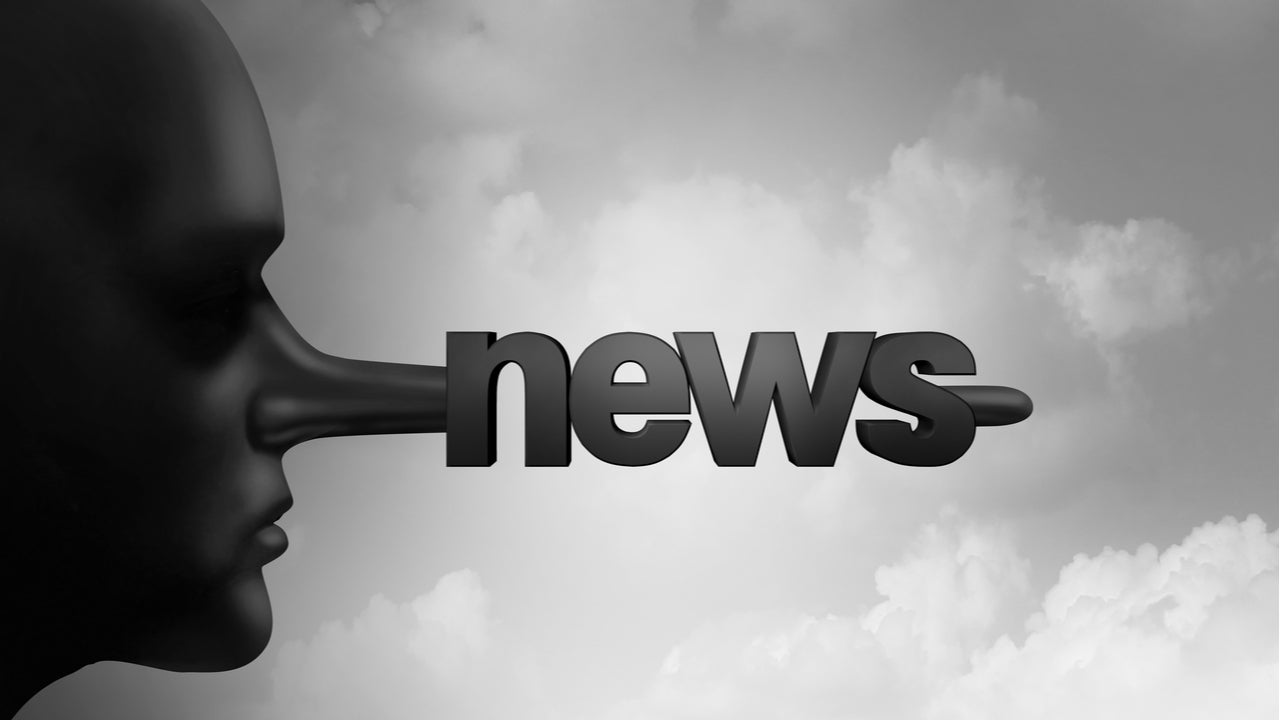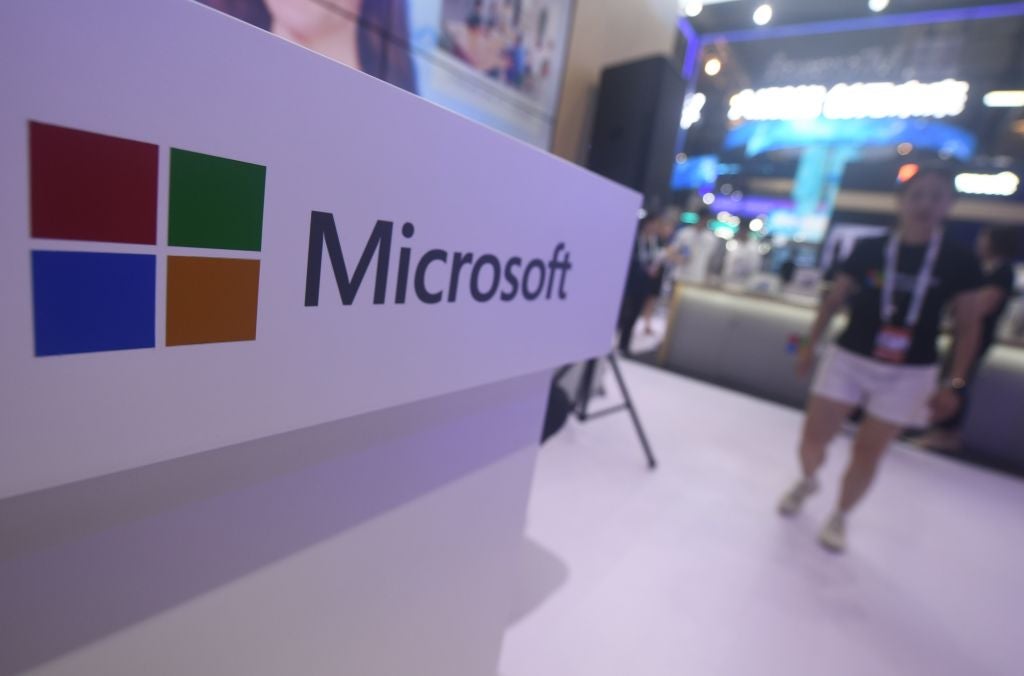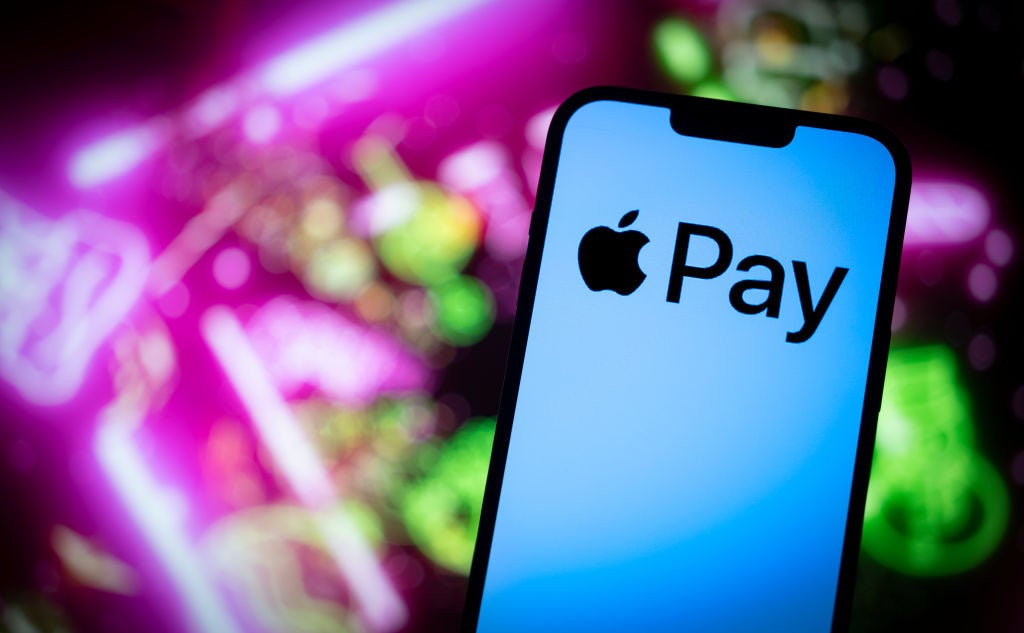Former President of the United States, Donald Trump, announced the launch of Trump Media and Telecom Group (TMTG), positioning itself to rival Big Tech in a multi-pronged way. The new venture’s offerings will reportedly include TRUTH Social, a subscription video on demand (SVOD) service to compete with the likes of Netflix and Disney, and services to rival AWS and Google Cloud.
The mission of the company is clear: to ‘stand up to the tyranny of Big Tech.’ Given that many Big Tech companies traditionally faced limited regulation but have colossal impact, these are noble ambitions, albeit from company with a divisive figure head. What remains unclear is whether the group will have the tech expertise and resources to execute the former POTUS’ visions.
Trump and ‘Fake news’
Trump popularised the term ‘Fake news’ whilst spreading, and allegedly even breeding misinformation himself. His election success is, at least in part, due to the impact of this phenomenon.
Misinformation is not new, but the impact of technology in spreading its reach is certainly unprecedented. Big data and artificial intelligence (AI) provide the foundation for digital ecosystems to pursue personalization at scale. Sophisticated algorithms and huge data troves allow social media platforms to tailor content to reach those most likely to be influenced. The ad-targeting business model prioritizes eyeballs and profits over quality of content and respect for the user’s privacy.
Dangerous misinformation on multiple social media platforms culminated in riots at the Capitol in Washington in January 2021. This was the final straw for Twitter, which permanently banned Trump, while YouTube (owned by Google) said that his ban would be lifted after the ‘risk of violence decreased.’ His ban from Facebook extends until at least 2023 (notably after the next US election). The former POTUS’s Instagram account is, however, still live, though there have been no posts on his page since the Capitol riot.
Big Tech fails to contain misinformation
Big Tech already struggles (and largely fails) to contain misinformation and disinformation. Content promotion algorithms create echo chambers. Society blames Big Tech companies for allowing the proliferation of false narratives spread by humans and bots on the web. They stand accused of distorting the information we consume in ways that are bad for us both individually and collectively. Five years after Russia’s alleged interference in the 2016 US presidential election, fake news is still a major concern, and social media companies have largely failed in their attempts to banish it.
How well do you really know your competitors?
Access the most comprehensive Company Profiles on the market, powered by GlobalData. Save hours of research. Gain competitive edge.

Thank you!
Your download email will arrive shortly
Not ready to buy yet? Download a free sample
We are confident about the unique quality of our Company Profiles. However, we want you to make the most beneficial decision for your business, so we offer a free sample that you can download by submitting the below form
By GlobalDataRegulators’ patience has worn thin on both sides of the Atlantic. Though policy makers disagree on how to tackle misinformation, until recently there has not been a broader consensus that something must be done. The US elections and the Covid-19 pandemic have given this issue more urgency and pushed online platforms to self-regulate in a way that has never seen before, particularly around political advertising. These attempts will be unlikely to appease regulators. Big Tech will be increasingly held responsible for what they publish.
Finding where the truth lies
Creating an entirely new platform is not the way to deal with misinformation. Within hours of TRUTH Social’s reveal, Twitter users found their way onto the platform and exposed vulnerabilities. Accounts were created with the handles @donaldtrump and @mikepence. Though these were swiftly banned, it may highlight to the TRUTH Social team that building and maintaining a social media platform is not a simple task.
Whether or not TRUTH Social has sophisticated algorithms and teams of content moderators, misinformation and fake news will breed on the platform under the guise of ‘free speech’. The risk is that TRUTH Social will be an outpost for lies.









Related Company Profiles
Netflix Inc
Meta Platforms Inc
Google LLC